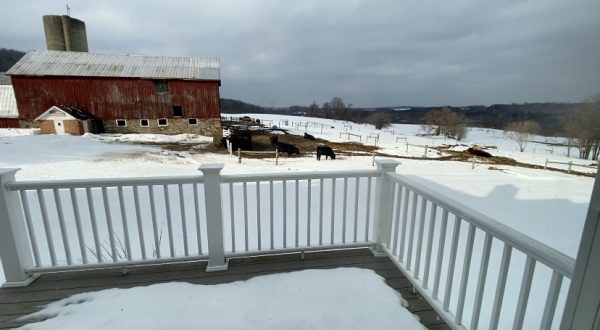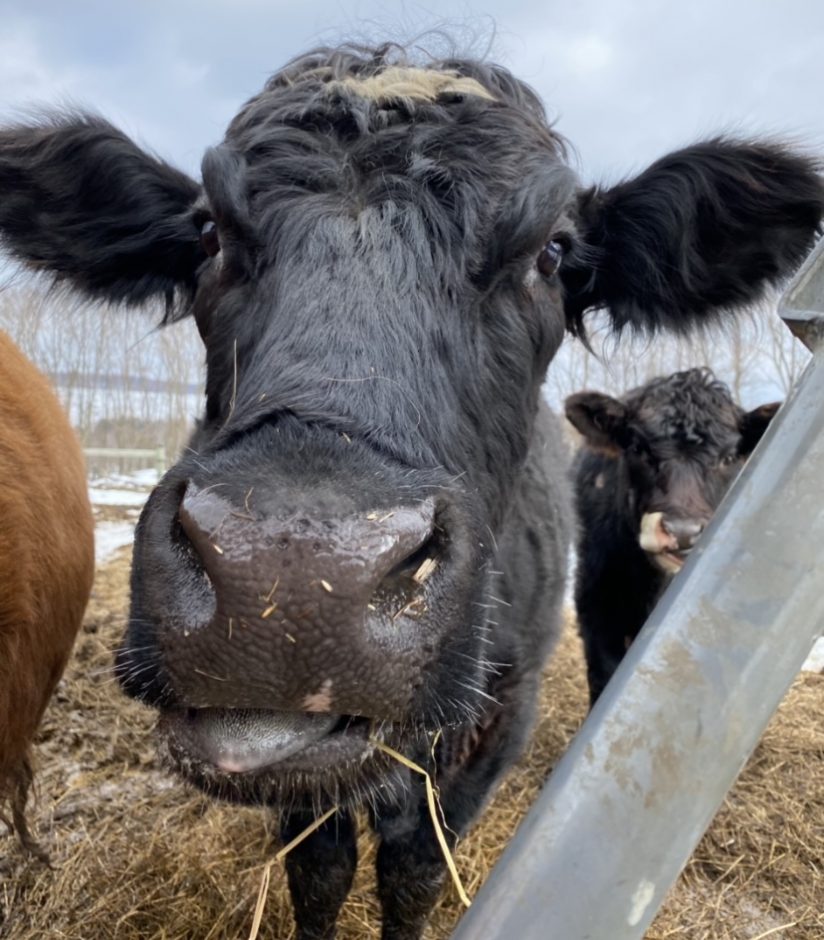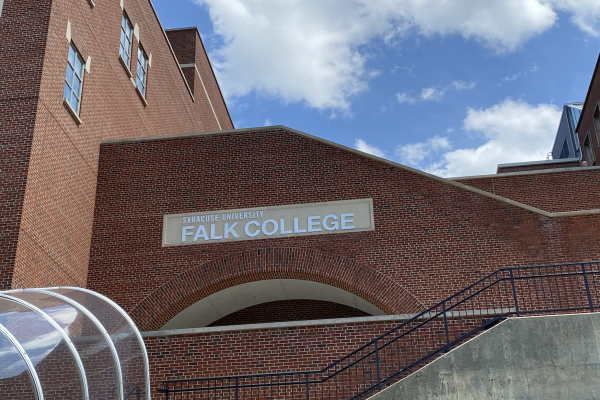SYRACUSE, N.Y. (NCC News) – Chris Larkin, owner of Kinsale Beef Farm, starts every day looking out his window at his cattle and the pastures surrounding his home. He has been a farmer his entire life and never faced challenges like he has this year.

Many local farmers have seen changes to their businesses since the start of the pandemic. The first changes came when slaughterhouses and custom meatpacking plants closed down because of coronavirus outbreaks.
Larkin said he and many local farmers experienced effects from this almost immediately.
“When it first came out it was really hard to get your animals scheduled to slaughter, so that set everybody back,” he said. “Prices went up on the processing and the scheduling really screwed people up, so it was a rough spring.”
When the plants closed and beef could not be processed, some farmers had to sell their cattle at auctions to make money instead of processing them and selling the beef directly to customers.
“I can tell you we do a lot better if we slaughter them and sell the meat directly to our customers,” Larkin said. “So that affected our bottom line.”
Paul O’Mara oversees a cooperative of local livestock farmers. He said non-local grocery stores ran out of meat products when the pandemic hit because demand went up while plants closed down. He said this had a positive impact on the local beef industry because it caused people to start looking for other ways to buy beef.
“We definitely had an increase in demand caused by COVID, either because people were afraid to go to the store or couldn’t find what they wanted at the store,” he said.
O’Mara said his store saw order numbers quadruple. He said most other local farms benefitted from larger stores not doing well.
“As soon as the news said slaughterhouses are in trouble people started searching again for… other places to find beef,” he said. “As far as small farms go, CSA (community supported agriculture) farms, farms that are doing direct retail, I think they’ve all experienced an increase in volume based on COVID.”
Larkin agreed that there were positive benefits from this pandemic change.
“So, we had people stopping in like on a Sunday afternoon,” he said. “They would pull in our driveway and ask us if we sold beef just cause they saw the cows or found our website.”

Larkin now has enough customers that he can sell all of his beef the next time he processes his animals. The farmers hope that their new customers will continue to buy local beef instead of meat from a grocery store because it is a better product.
O’Mara explained that cows used for meat in grocery stores are not always bred for being turned into beef which can affect the taste of the meat. He also said that if there is a problem with beef in a grocery store it is a lot harder to trace it back to the farm, package date or even the specific animal.
“If somebody comes into to buy our beef and they say, ‘when was this animal born?’ I can tell them,” he said. “I can tell them that it was Black Angus, I can tell them it didn’t have antibiotics, I can tell them what it ate for its whole life.
“When you go to (a grocery store) you don’t know what type of animal it was, you don’t know where it was born or raised,” he continued.
Despite all of the challenges from the pandemic, livestock farmers like Larkin and O’Mara are confident they will all make it through the pandemic and come out of it in good shape.




